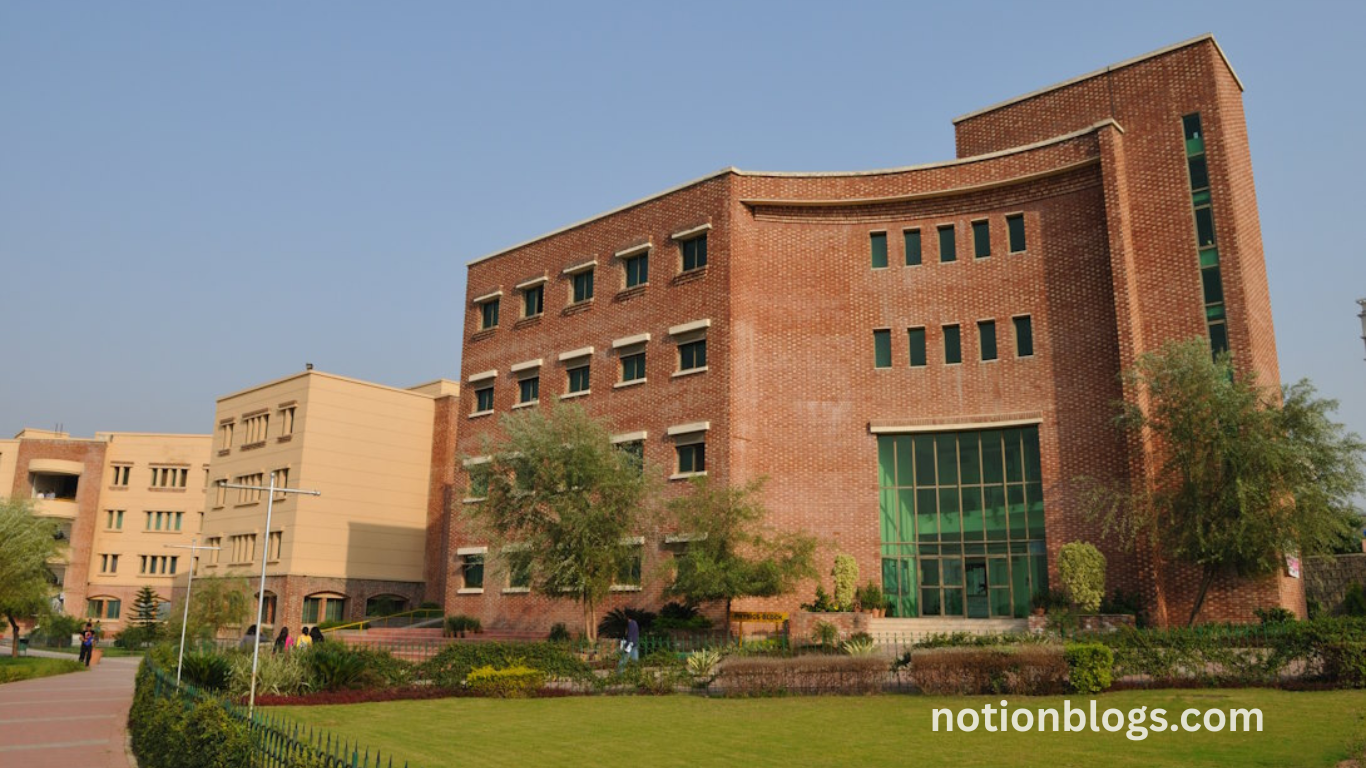In a significant move reflecting a student-centric approach, President Dr. Arif Alvi has directed the COMSATS University Islamabad (CUI) to ensure that a student is granted the right to complete their degree program. This directive stems from a case where a student faced administrative delays and procedural hurdles that hindered their academic progress despite having fulfilled the majority of academic requirements. The President, acting in his capacity as the Chancellor of COMSATS, exercised his authority to uphold students’ educational rights.
The intervention highlights the importance of fairness and accountability in higher education institutions across Pakistan. It sends a strong message that student grievances must be addressed promptly and fairly. President Alvi emphasized that public universities should support students’ academic goals rather than impede them through unnecessary bureaucratic processes. This landmark directive sets a precedent for improved transparency and student advocacy in the country’s educational system.
President’s authority and intervention as Chancellor of COMSATS
As Chancellor of public universities like COMSATS, President Alvi holds constitutional oversight over academic matters. His intervention came after the student appealed directly to the President’s office under Article 9 of the Constitution, which guarantees the right to education and life. Dr. Alvi’s ruling underscored that universities must not penalize students for administrative mismanagement. By stepping in, the President upheld the student’s right to education, reinforcing the government’s commitment to educational justice.
Background of the student’s case and the administrative delays
The case involved a COMSATS student who had completed most of their academic program but was denied degree completion due to procedural delays and conflicting internal policies. Despite repeated attempts to resolve the issue through departmental channels, the student received no relief. Only after escalating the matter to the President’s office was the issue given serious attention. This shows how administrative bottlenecks can significantly impact a student’s future and need proper redressal mechanisms.
Read More : Education dept to probe manipulation in Karachi’s matric results
Legal and constitutional backing for the President’s order
President Alvi’s order aligns with constitutional rights and the Higher Education Commission (HEC) guidelines, which mandate that students should be allowed to complete their education once admitted under valid policies. The directive reflects Pakistan’s commitment to upholding the right to education. It also highlights that executive authority can be used to rectify injustices when institutional frameworks fail, thereby acting as a safeguard against bureaucratic rigidity in academia.
Implications for university governance and student rights
This directive is a wake-up call for universities to improve governance and transparency. It encourages institutions to establish better grievance redressal mechanisms and revise outdated policies that may hurt students. The incident also stresses the need for regular audits of university decisions to ensure compliance with educational standards. In the future, universities are expected to place greater emphasis on student welfare, procedural fairness, and ethical academic conduct.
Reactions from students, faculty, and the higher education community
The academic community has widely praised the President’s action as a much-needed step toward ensuring accountability. Student unions and education rights activists hailed the decision, calling it a precedent-setting moment for university governance. Faculty members expressed support for streamlining administrative processes to avoid similar issues in the future. The Higher Education Commission (HEC) also reiterated its commitment to student rights and compliance with policy reforms.
Potential reforms in university policy following the directive
Following this directive, COMSATS and other public institutions may consider revising policies to ensure students are not left in limbo due to procedural gaps. Reforms might include setting strict timelines for issuing degrees, improving communication between departments, and creating accessible grievance redressal cells. Ensuring consistency in academic policy implementation across all campuses will also be critical in avoiding such situations again. These policy changes will likely shape the future of student administration across Pakistan.
The broader impact on higher education policies in Pakistan
This case could influence how educational institutions operate nationwide. It may prompt the Ministry of Education and HEC to issue fresh guidelines, urging universities to prioritize student-centric governance. It also sheds light on how centralized oversight—like that from the President or Chancellor—can serve as an effective tool in correcting systemic flaws. The outcome of this intervention may be felt beyond COMSATS, affecting policy reforms across the education sector.
Role of ombudspersons and student appeal mechanisms in universities
The case has renewed discussions about the effectiveness of ombudspersons and internal appeals committees in universities. Ideally, these structures should offer timely and unbiased resolutions to student complaints. However, inefficiencies and lack of student awareness often hinder their effectiveness. Strengthening these institutions will be essential in preventing future escalations. Universities must make these mechanisms visible, accessible, and responsive to uphold student trust and institutional integrity.
Need for digitalization and transparency in academic administration.
This issue has once again highlighted the urgent need to digitalize academic recordkeeping and administrative workflows. Digital systems can reduce human error, cut down delays, and offer greater transparency in decision-making. Implementing dashboards where students can track their academic progress and resolve administrative issues in real time could significantly reduce future conflicts. Such tech-driven governance reforms would modernize Pakistan’s higher education landscape.
Frequently Asked Questions
What was the issue that led to President Alvi’s intervention in COMSATS?
A student faced delays in completing their degree due to administrative mismanagement, prompting them to appeal to the President’s office.
Does the President have the authority to make such decisions?
Yes, as Chancellor of public universities, the President has constitutional authority to intervene in academic matters in the interest of justice.
What does this order mean for other students in similar situations?
It sets a precedent for other students facing administrative hurdles, showing that they can seek redress through constitutional and legal means.
How can students raise grievances within universities like COMSATS?
If internal measures fail, students can approach university ombudspersons, appeal committees, or even higher authorities like the HEC or President.
Will this lead to any changes in COMSATS policies?
The incident may lead to policy reforms within COMSATS to prevent future issues and ensure smoother administrative processes.
How does this reflect on the state of education administration in Pakistan?
It reveals significant administrative gaps and the need for institutional reforms to support student welfare and academic justice.
Can other universities learn from this incident?
Yes, universities across Pakistan can use this case as a lesson to prioritize student support, transparency, and effective governance.
What are students’ rights in such academic disputes?
Under constitutional and educational laws, students have a right to fair treatment, timely degree completion, and access to proper grievance mechanisms.
Conclusion
President Alvi’s order to COMSATS highlights a firm stance in support of student rights and institutional accountability. It marks a turning point for educational governance in Pakistan, urging universities to revise policies and ensure fairness. Students should stay informed of their rights and use proper channels to voice concerns. Authorities must continue to prioritize justice and transparency in academic administration.







